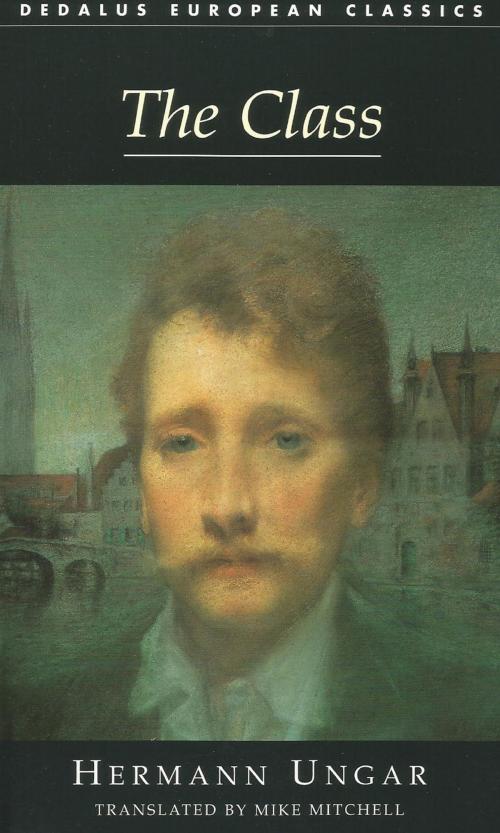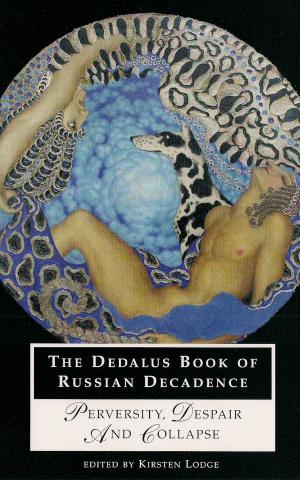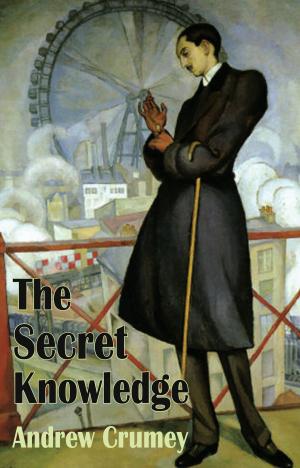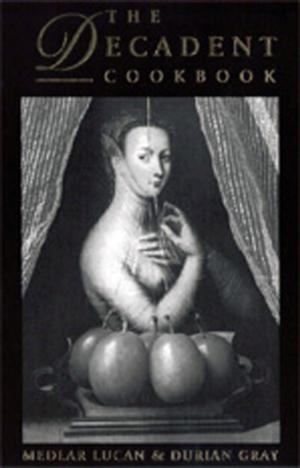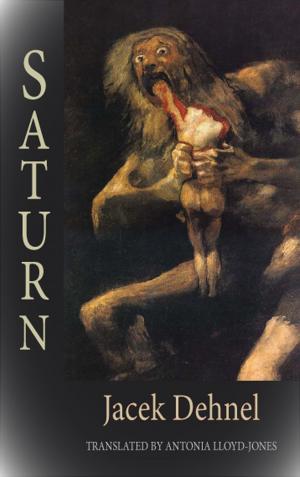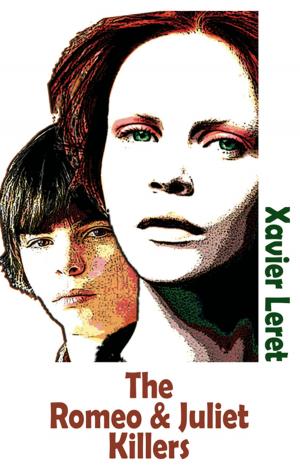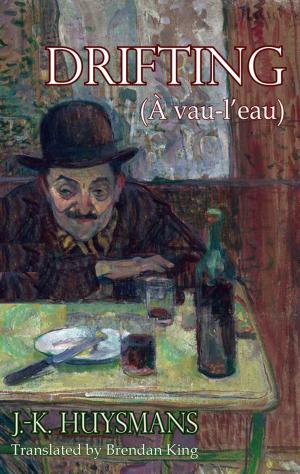| Author: | Hermann Ungar | ISBN: | 9781907650802 |
| Publisher: | Dedalus Ebooks | Publication: | January 5, 2010 |
| Imprint: | Dedalus Ebooks | Language: | English |
| Author: | Hermann Ungar |
| ISBN: | 9781907650802 |
| Publisher: | Dedalus Ebooks |
| Publication: | January 5, 2010 |
| Imprint: | Dedalus Ebooks |
| Language: | English |
Although The Class was written in 1927, its themes remain timeless: the struggle of a teacher to regain power over his unruly class and the personal trauma involved in keeping a dying marriage alive. Joseph Blau does not have a good life. His pupils are out of control, his enigmatic wife, Selma, is too attractive to other men, and his mother-in-law, Mathilda, is a loud, coarse embarrassment who lives in his house.
The Class has dark undertones, as Blau's struggles to overcome his insecurities and to remain ordered and in control, propels him towards catastrophe. Ungar portrays obsession, poverty and deceit with a wonderfully grotesque attention to detail: the character of Uncle Bobek does not just eat, he wipes the fat off his moustache with the fleshy back of his hand, and washes the half-chewed hunks of flesh down with gulps of wine.
Joseph Blau's exaggerated sense of guilt ultimately leads to his downfall in this well-translated novel. Vanessa Curtis in The Herald
Although The Class was written in 1927, its themes remain timeless: the struggle of a teacher to regain power over his unruly class and the personal trauma involved in keeping a dying marriage alive. Joseph Blau does not have a good life. His pupils are out of control, his enigmatic wife, Selma, is too attractive to other men, and his mother-in-law, Mathilda, is a loud, coarse embarrassment who lives in his house.
The Class has dark undertones, as Blau's struggles to overcome his insecurities and to remain ordered and in control, propels him towards catastrophe. Ungar portrays obsession, poverty and deceit with a wonderfully grotesque attention to detail: the character of Uncle Bobek does not just eat, he wipes the fat off his moustache with the fleshy back of his hand, and washes the half-chewed hunks of flesh down with gulps of wine.
Joseph Blau's exaggerated sense of guilt ultimately leads to his downfall in this well-translated novel. Vanessa Curtis in The Herald
